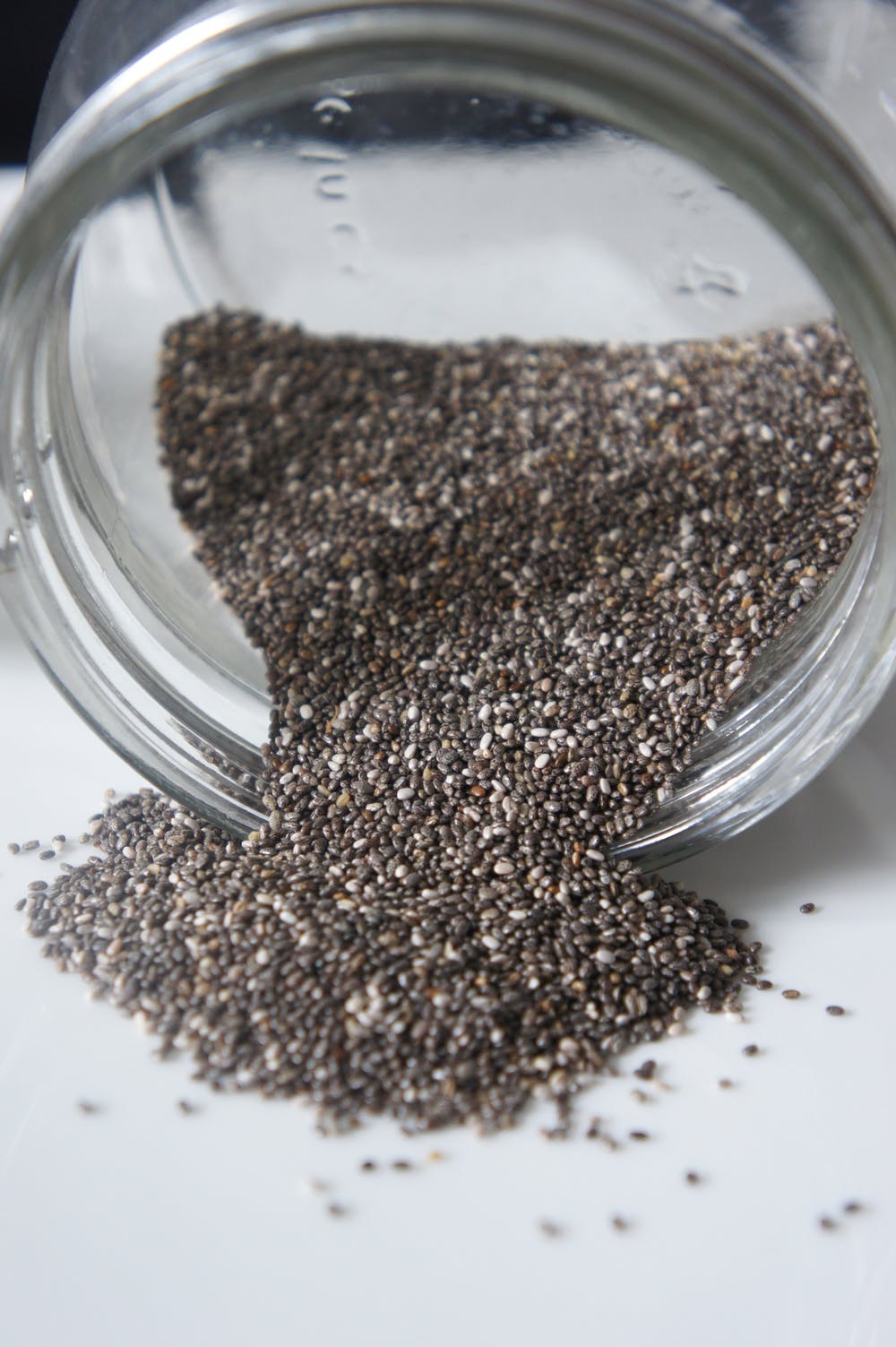Sleep is a natural and periodic state of rest during which consciousness of the world is suspended. Sleep is basic necessity of life. A sound sleep in terms of adequate duration and quality is paramount to ease you from all daily choas, mental and physical fatigue and agony, exertion and exhaustion. Like every machine need to rest, human body is a sophisticated machine too, requires rest in the form of sleep to rejuvenate and heal itself. Sound sleep is a gateway to sound health.
Tossing and turning previous night can ruin your whole day ahead. Energy levels are low and your brain is not able to concentrate as it is still tired. Sleep deprivation may interfere with your reflexes, level of alertness, reasoning ability, decision making and problem solving skills.
Recent studies have found that an adult needs a complete 7 to 9 hours of sleep per day. Sleep deprivation has more to do with the quality of your sleep than the number of hours you sleep. This is the reason why some people can sleep 5 hours a night and feel rested and energized. While other person can sleep 10 hours and still wake up tired and energy drained.
Life today has become very hectic and restless. 24×7 lifestyle has made everyone too busy to take proper sleep and sleep problems is taking a toll on individual bodies and minds. Sleeping less than 5 hours in one 24-hour period is known as Partial sleep deprivation. Short-term total sleep deprivation is when you do not take sleep for 24-48 hours . If the individual is not able to sleep for more than 48 hours , it is called as long term Partial sleep deprivation. To burn the candle at both ends can make things even worse, waking up early and sleeping late can make you feel tired all the time and you are not able to function to the best of your ability.
Effects of Sleep Deprivation on Your Body
1. Effect on Hormones
Sleep affects the release of hormones through the 2 major pathway: hypothalamic-pituitary axes and the autonomous nervous system.
Sleep deprivation can lead to an increase in the early evening levels of the stress hormone cortisol. Usually hormone cortisol concentrations rapidly decrease in day time to attain minimal levels shortly before habitual bedtime. Elevations of evening cortisol levels in chronic sleep loss are likely to promote the disturb hormonal insulin function, a risk factor for Obesity and Diabetes.
Hormones Controlling Appetite
The Two hormones which control our appetite are “leptin”(suppresses hunger) and grhelin(stimulates hunger). Lack of sleep can fail to accurately signal caloric need and could lead to excessive caloric intake when food is freely available and may lead to Obesity.
2.Suppressed Growth
Growth hormone is normally released during sleep. If someone consistently gets too little sleep, growth hormone is suppressed. This is the reason why small babies are recommended to take 12 to 15 hours of sleep a day. Lack of adequate sleep can lead to stunting of growth.
3. Effect on Mental Health
Sleep allows brain cells to “purge out the trash” each night, flushing out disease-causing toxins.
Sleep deprivation may adversely affect your working memory, attention, concentration, decision-making and problem solving skill ,visual-motor performance, mood and performance, higher functions of brain such as language, executive functions, divergent thinking, and creativity.
4. Poor Physical Health-Body Functions and Systems
Sleep deprivation is related to both acute and chronic health problems such as cancer, cardiovascular disease, metabolic disorders, for example obesity, peptic ulcers, gastrointestinal
problems, diabetes and metabolic syndrome, kidney disease, high blood pressure and stroke.
Sleep deprivation accelerates body aging, the degenerative process of the musculoskeletal system and neurological system of the body.
Sleep loss can activate the sympathetic nervous system, which can lead to a rise of blood pressure (Hypertension).
Several studies have demonstrated an increased breast cancer risk among shift-working women. Melatonin, a hormone produced in the human brain at night, appears to suppress the growth of these tumours.
5. More Chances of Infection- Impaired Body Regeneration and Immunity
Sleep is important to body restitution, like energy conservation, thermoregulation, and tissue recovery.
Sleep induces the natural pain killers like endorphin and encephalin inside the body, which heals any minor damaging process going inside.
Sleep boosts the immune system of the body, which then works better against the antibodies. Persistent lack of sleep can modulate the response of your immune system and you may have trouble fighting common infections.
6. More Acne, Increased Inflammation
Lack of sleep will promote stress which can cause an increase in the hormone “cortisol” in the body which is insulin resistant. Cortisol in turn, causes the skin to secrete more sebum, which results in acne. Insulin resistance can increase glucose or sugar that is one of the major causes of acne.
7. Aged Look
Sleep to look young and glowing! Sleep deprivation causes a decrease in blood flow to the skin surrounding your face. Lack of sleep can cost you your youth as your body repairs itself and recovers while you snooze. Lack of sleep not only makes your eyes puffy with underlying dark circles but can make you look more aged with premature greying of hairs, wrinkles and dull skin.
8. Risk of Accidents and Injuries
Studies have shown the increase in the incidences of accidents and injuries especially during shift work and night work in particular, due to inadequate sleep with disturbed pattern. Very often, lack of sleep also may lead to microsleep;brief moments of sleep that occurs when you’re normally awake. We can’t control microsleep, and also might not be aware of it. This may make you prone to accidents and injuries.





